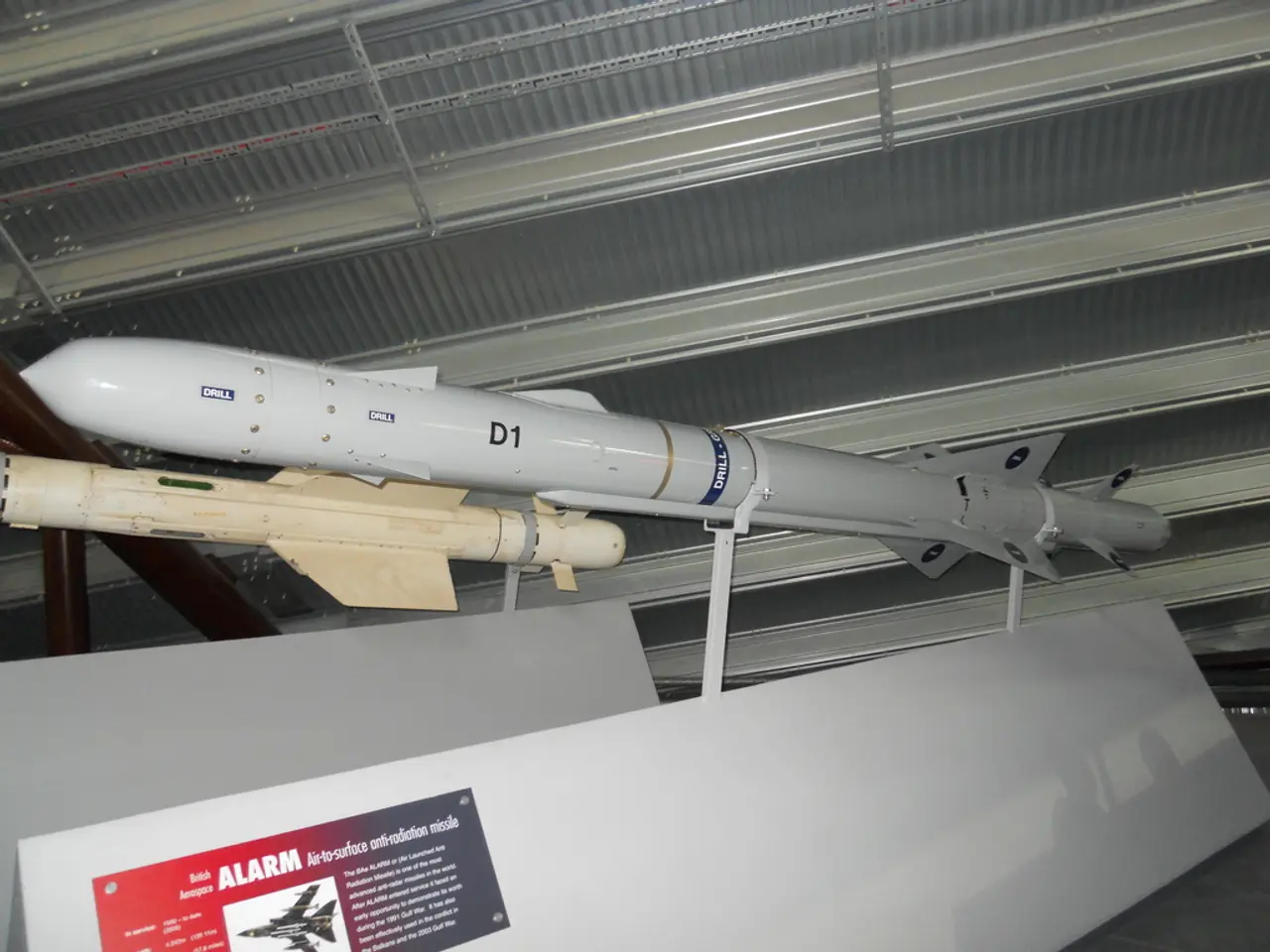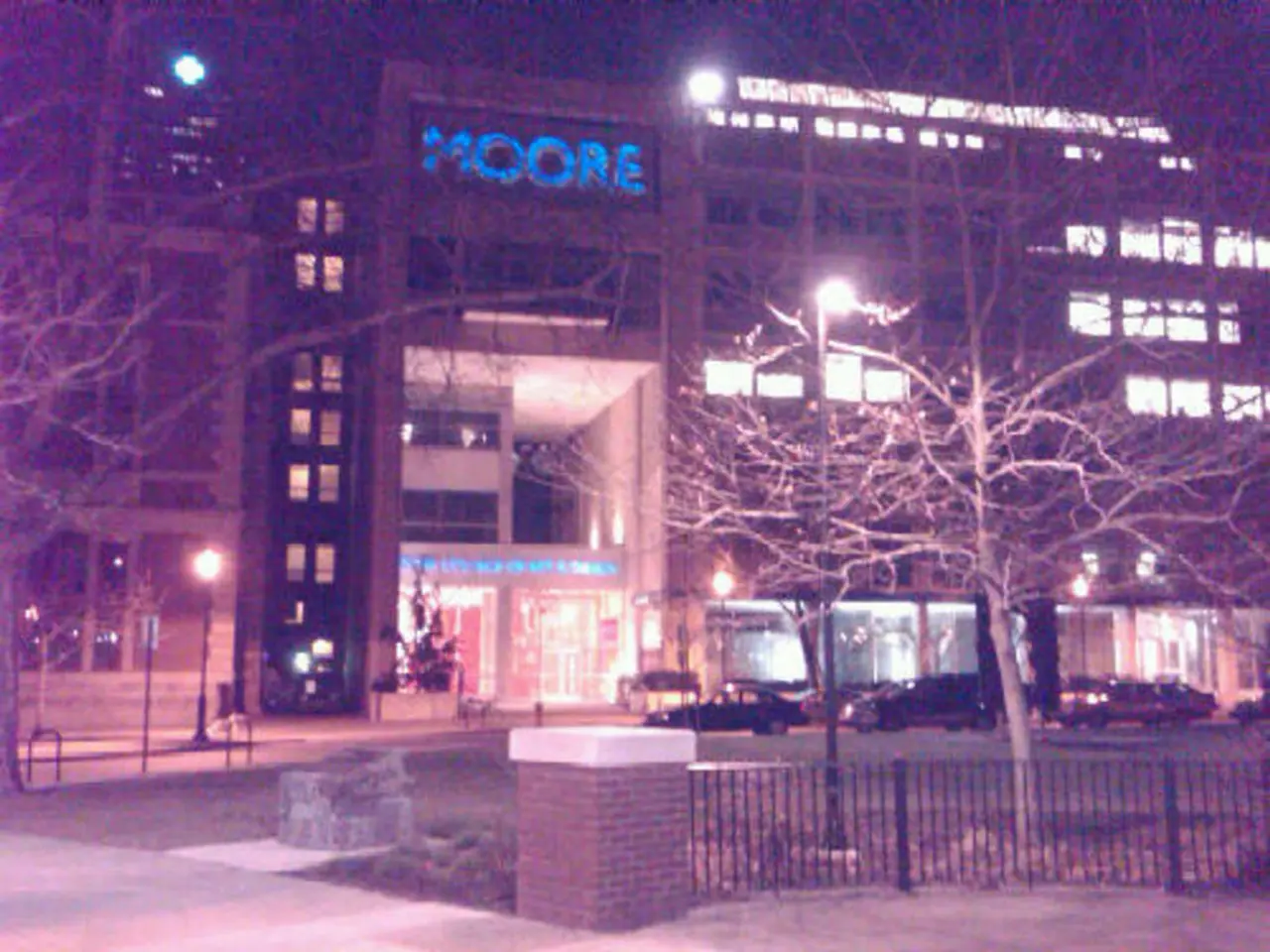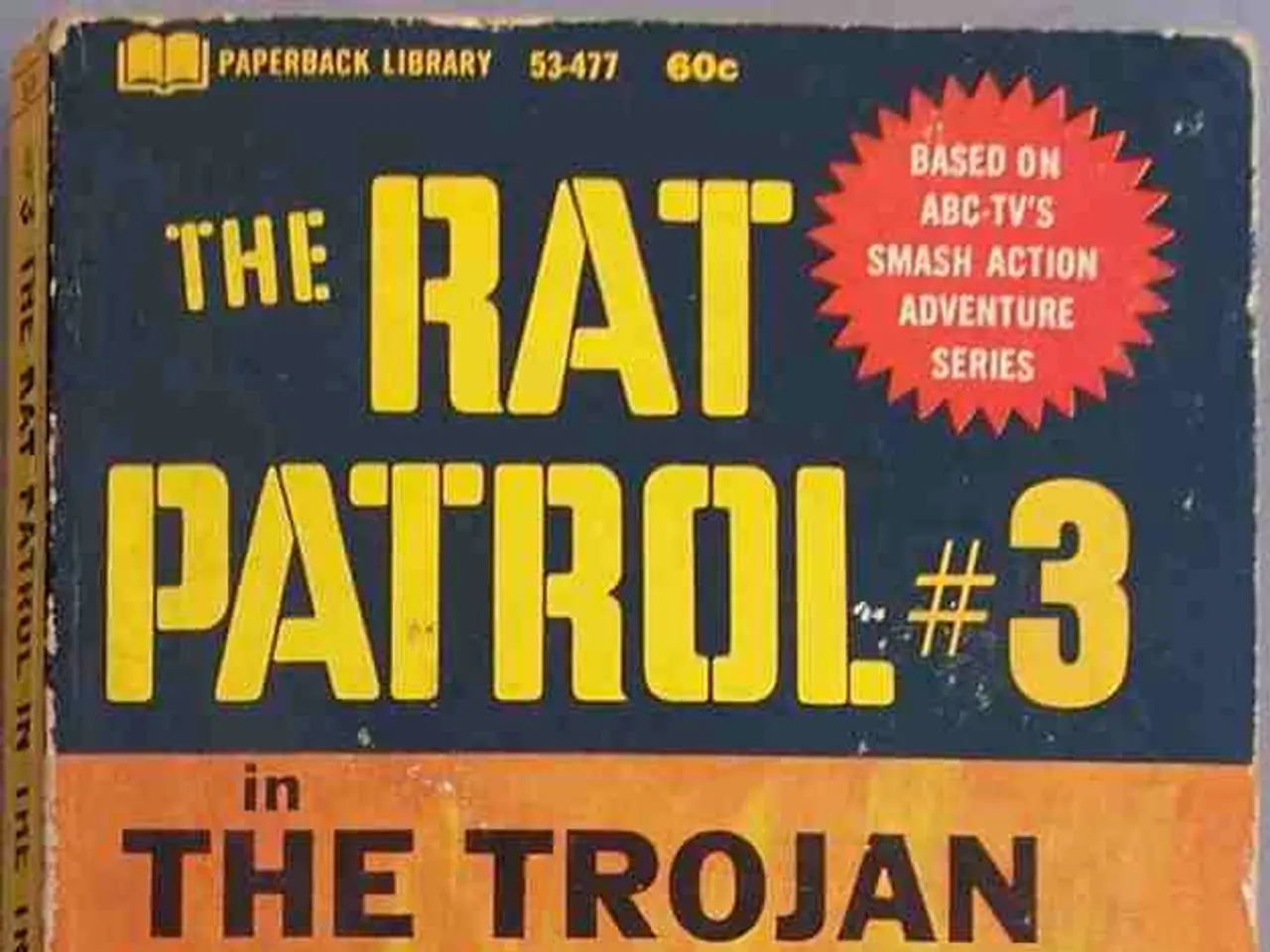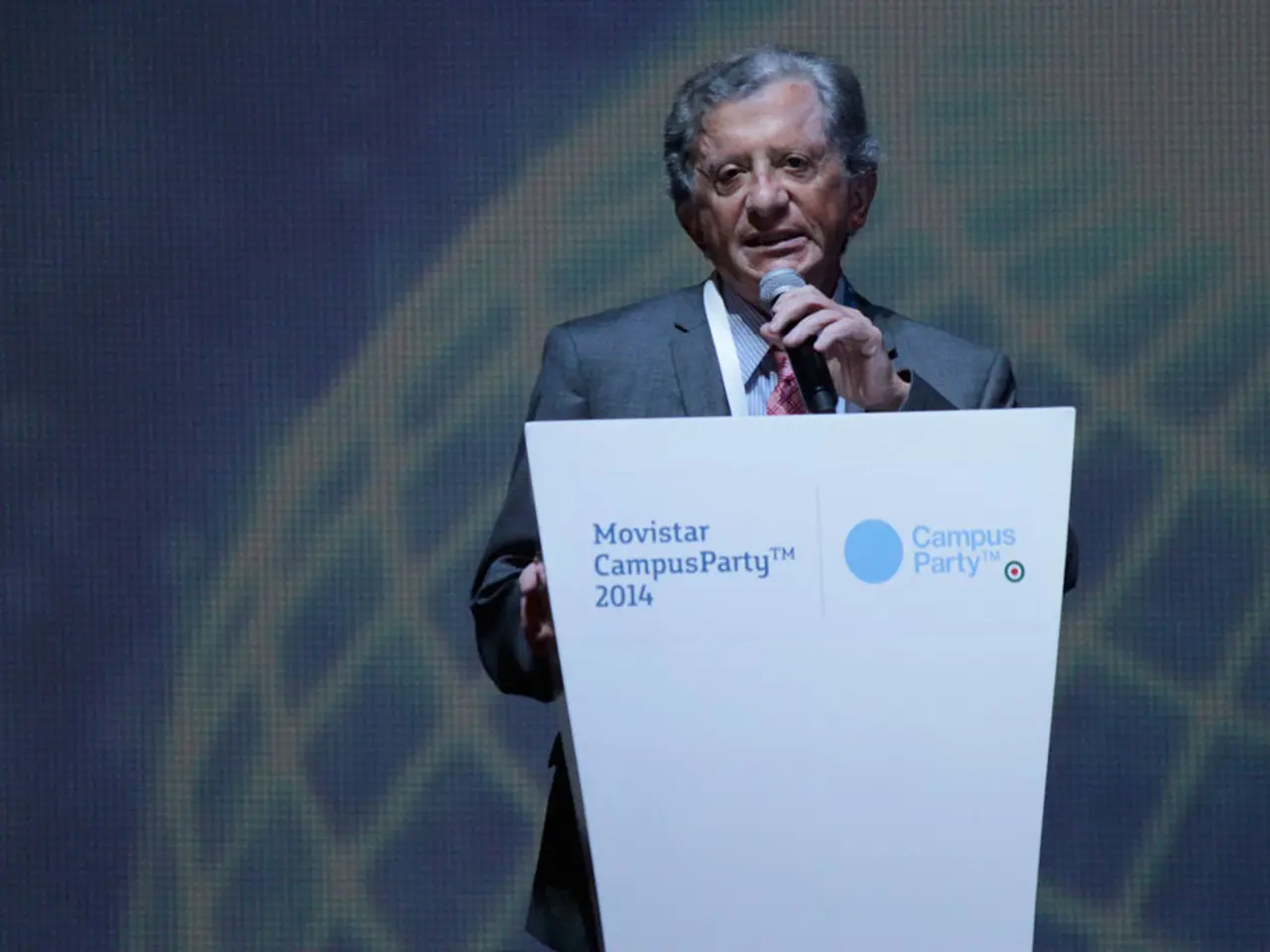Iran's nuclear facilities to be evaluated for damage, according to Iran's ambassador to Greece.
In a chat with our site, Malek Hossein Gevzad spilled the beans on the ongoing turmoil between Iran and Israel, brokered by the US. Despite a tentative ceasefire, questions about the lingering Iranian nuclear program persist.
Gevzad, Iran's ambassador to Greece, revealed that the crisis has united the Iranian people. He also addressed the controversy surrounding the impact of US strikes on the nuclear facilities.
"The aggression has bolstered the Iranian people's resolve," Gevzad shared. "The damage to our nuclear sites from the US strikes will be assessed by experts."
Iran, according to Gevzad, is all about diplomacy, but the playing field has shifted, and decisions now prioritize national interests.
The US deployed pilots who dropped 30,000-pound bombs on two key Iranian uranium enrichment facilities. Before US intervention, Israel had been bombarding Iran for over a week.
Gevzad condemned these actions as a violation of Iran's territorial sovereignty. He warned that Iran reserves the right to respond.
Despite the strained relationship between Iran and the West, Gevzad stressed the unity of the Iranian people. He also lambasted Europe, claiming they had not only stood idle but, in some cases, supported the aggressors.
He lauded Russia and China for their condemnation of the Israeli-US strikes on Iran's nuclear sites, expressing that this support is crucial for maintaining international stability and peace.
In Greece, a small Iranian diaspora stands by their homeland, united and committed to its defense.
Diplomacy, Self-Protection, and a United Front
Gevzad emphasized Iran's commitment to diplomacy but admitted that circumstances have necessitated a change in approach. He revealed that this change came about following what Iran views as aggression from Israel and the US.
Damage assessments on Iran's nuclear facilities are underway, according to Gevzad. He emphasized that Iran's nuclear program was used for peaceful purposes.
On Golden grounds, Europe stumbles
While diplomats discuss, the world watches as events unfold. Some nations, like Europe, have failed to sufficiently condemn the attacks, a fact that has not gone unnoticed by Iran.
Such inaction, Gevzad claims, is a betrayal of peace and unity. In contrast, Russia and China have made their disapproval clear, voicing support for Iran in the face of aggression.
A brief history of Iranian relations with Greece reveals a small diaspora in the country, primarily consisting of immigrants arriving after the 1979 Revolution or the later Iran-Iraq War.
In 2021, approximately 2,500 Iranians resided in Greece, bound by their shared heritage and a steadfast determination to defend their homeland.
We're not done talking yet
Iranian FM: US-Iran talks complicated by America's strikes on nuclear sites
CIA head declares US strikes severely damaged Iran's nuclear facilities
Israeli atomic agency claims strikes on Fordow enrichment site rendered it inoperable
- Global politics
- International relations
- Nuclear tensions
- Diplomacy
[1] Enrichment Data: The U.S. and Israeli strikes in 2021 dealt a severe blow to Iran's nuclear program, though it didn't eliminate it completely. The attacks significantly degraded Iran's ability to enrich uranium to weapons-grade levels and build nuclear weapons for several years. The strikes targeted key sites like Natanz, Fordow, Esfahan, Arak, etc., destroying or heavily damaging centrifuge enrichment infrastructure. Iran's plutonium source at the IR-40 Arak heavy water reactor may have been eliminated. Iran retains some enriched uranium at various levels and centrifuges that were manufactured but not yet installed, posing a potential long-term threat if Iran decides to rebuild its enrichment capabilities. Israeli attacks targeted weaponization personnel and key infrastructure, making it harder for Iran to develop a nuclear weapon even if uranium enrichment resumes at a high level. It's unclear if Iran still has all the expertise and capacity to develop a nuclear weapon.
- Diplomatic Relations and Security Dynamics: Relations between Iran and the U.S. remain hostile, with Iran intensifying counterintelligence and internal security measures against suspected Israeli infiltration and espionage. Isreal is ready to continue offensive operations against Iran's nuclear and ballistic missile programs if necessary. Iranian officials have threatened retaliatory attacks against potential Israeli strikes. The international community continues to monitor the aftermath and damage, with no indication of diplomatic progress reported as of mid-2025.
- Source: nuclearcareERS, International Atomic Energy Agency (IAEA), CNN, The New York Times, BBC News, Foreign Policy
- Global politics and international relations have been greatly affected by the war-and-conflicts between Iran and Israel, brokered by the US.
- Amidst the turmoil, diplomacy plays a significant role, with Iran's ambassador to Greece emphasizing the need for diplomacy while admitting a change in approach due to perceived aggression. The impacts of US strikes on Iran's nuclear facilities are still being assessed, raising questions about the future of nuclear tensions and diplomatic relations.





